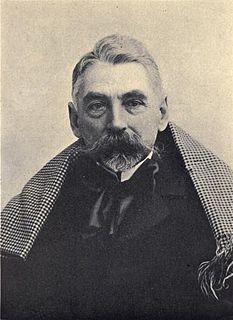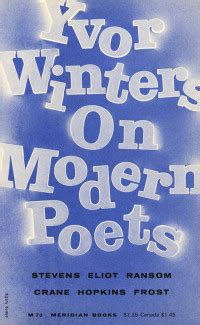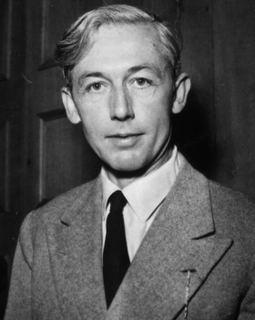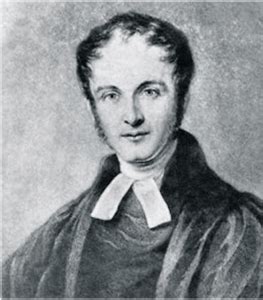A Quote by Egerton Brydges
To delight the ear and the eye is a mere sensual indulgence;—true poetry strikes at the soul.
Related Quotes
It is not the eye that sees the beauty of the heaven, nor the ear that hears the sweetness of music or the glad tidings of a prosperous occurrence, but the soul, that perceives all the relishes of sensual and intellectual perfections; and the more noble and excellent the soul is, the greater and more savory are its perceptions.
There is only beauty / and it has only one perfect expression / poetry. All the rest is a lie /except for those who live by the body, love, and, that love of the mind, friendship. For me, Poetry takes the place of love, because it is enamored of itself, and because its sensual delight falls back deliciously in my soul.
Ahab cast a covetous eye at Naboth's vineyard, David a lustful eye at Bathsheba. The eye is the pulse of the soul; as physicians judge of the heart by the pulse, so we by the eye; a rolling eye, a roving heart. The good eye keeps minute time, and strikes when it should; the lustful, crochet-time, and so puts all out of tune.
What is line? It is life. A line must live at each point along its course in such a way that the artist's presence makes itself felt above that of the model... With the writer, line takes precedence over form and content. It runs through the words he assembles. It strikes a continuous note unperceived by ear or eye. It is, in a way, the soul's style, and if the line ceases to have a life of its own, if it only describes an arabesque, the soul is missing and the writing dies.
The ear is profound, whereas the eye is frivolous, too easily satisfied. The ear is active, imaginative, whereas the eye is passive. When you hear a noise at night, instantly you imagine its cause. The sound of a train whistle conjures up the whole station. The eye can perceive only what is presented to it.
I think that when you're writing plays, and I think it's also true with novels, it helps to have an ear for the music of language, for what we call poetry, for the sound effects and the way that the sound can produce sensual feeling at odds with or consonant with the content of the work. Your work is also gorgeous writing. It's very unfortunate when you open a novel that everybody's loving and it's just, you know, an excruciatingly bad sentence.
The ear participates, and helps arrange marriages; the eye has already made love with what it sees. The eye knows pleasure, delights in the body's shape: the ear hears words that talk about all this. When hearing takes place, character areas change; but when you see, inner areas change. If all you know about fire is what you have heard see if the fire will agree to cook you! Certain energies come only when you burn. If you long for belief, sit down in the fire! When the ear receives subtly; it turns into an eye. But if words do not reach the ear in the chest, nothing happens.

































